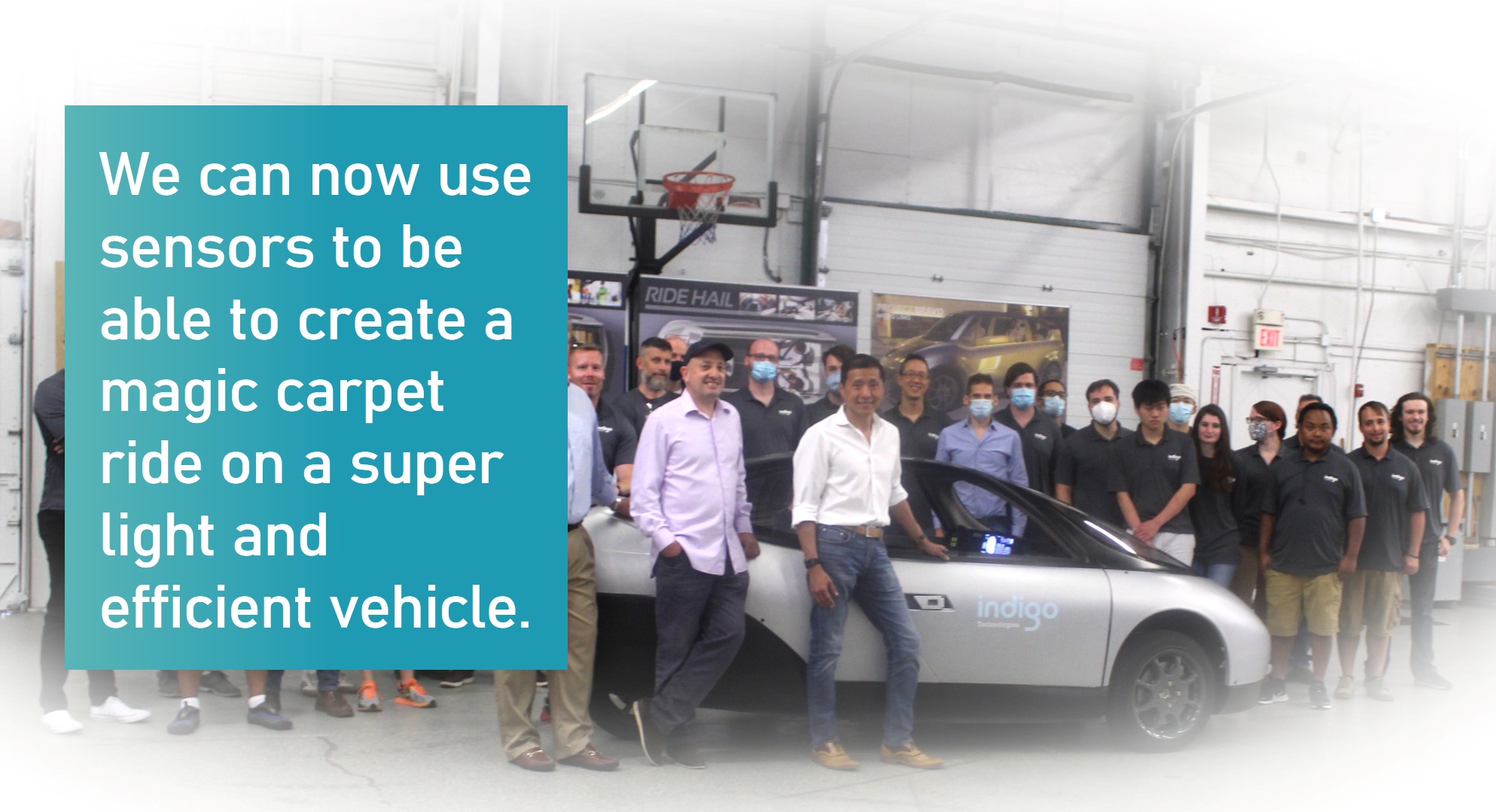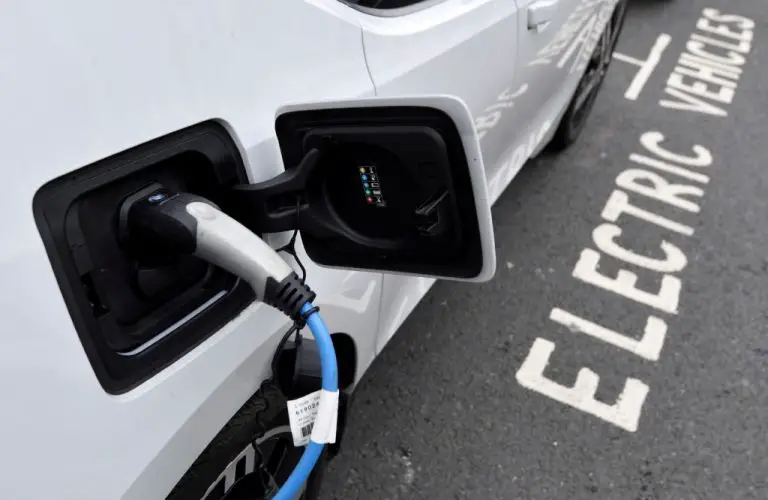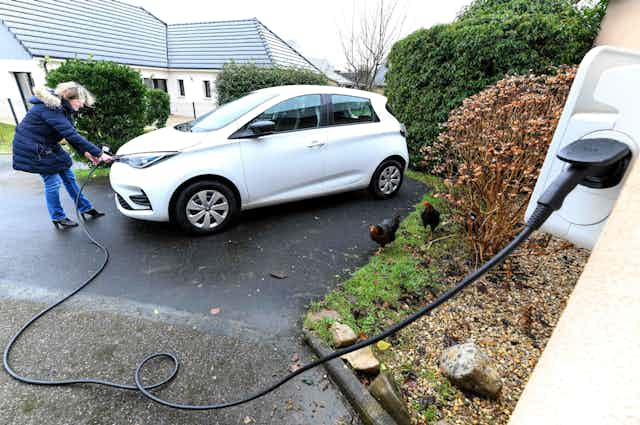How to Fix Car Electrical Problems : Expert Solutions for a Smooth Ride
Dealing with car electrical problems can be frustrating and intimidating, especially if you’re not familiar with the intricacies of automotive wiring and components. However, with the right approach and a basic understanding of car electrical systems, many common electrical issues can be diagnosed and fixed without the need for a professional mechanic. In this guide, we’ll discuss some common car electrical problems and how you can troubleshoot and fix them on your own.

Credit: www.bloomberg.com
Common Car Electrical Problems
Before we delve into the solutions, it’s useful to be aware of the most frequent electrical problems that car owners encounter. Some of these issues include:
| Problem | Symptoms |
|---|---|
| Dead battery | Car won’t start, dim lights or no lights, clicking sound when turning the key |
| Blown fuses | Specific electrical components not working, such as headlights, power windows, or radio |
| Bad alternator | Battery light on dashboard, dimming or flickering lights, strange noises |
| Faulty starter | Grinding noise, single click when turning the key, engine cranks but doesn’t start |
| Corroded battery terminals | Poor electrical connections, difficulty starting the car |
Diagnosing Car Electrical Problems
When faced with a car electrical issue, the first step is to diagnose the root cause of the problem. This often involves a combination of visual inspections, basic tools, and some knowledge of how different electrical components work.
Start by checking the battery. A dead or weak battery is a common culprit for many electrical issues. Use a multimeter to test the voltage – a healthy battery should read around 12.6 volts. If the voltage is significantly lower, it may need recharging or replacing.
If the battery checks out okay, inspect the fuses and relays. Blown fuses can cause specific electrical components to stop working, so visually inspect the fuses for any signs of a break in the wire inside. If a fuse appears to be blown, replace it with a new one of the same amperage rating.
Next, test the alternator. A malfunctioning alternator can lead to a dead battery and other electrical issues. With the engine running, use a multimeter to check the voltage at the battery terminals. It should read around 13.8-14.2 volts. If it’s significantly lower or higher, the alternator may need to be replaced.
Fixing Car Electrical Problems
Once you’ve identified the source of the problem, you can take steps to fix the issue. Here are some common solutions for car electrical problems:
- Replacing the battery: If your battery is old or unable to hold a charge, it may need to be replaced. Be sure to select a battery with the correct specifications for your vehicle.
- Replacing fuses: When dealing with blown fuses, simply replace the faulty fuse with a new one of the same amperage rating. It’s important to address any underlying issues that may be causing the fuses to blow, such as a short circuit.
- Repairing or replacing the alternator: If your alternator is failing, it will need to be repaired or replaced. This is a more involved task and may require some mechanical expertise.
- Cleaning battery terminals: Corroded battery terminals can prevent a proper electrical connection. Use a wire brush to clean the terminals and apply a thin coat of dielectric grease to prevent future corrosion.
- Checking and repairing wiring: If you suspect wiring issues, visually inspect the wiring harnesses for signs of damage or wear. Repair or replace any damaged wiring as needed.
When to Seek Professional Help
While many car electrical problems can be resolved with basic tools and a little know-how, there are instances where professional assistance may be necessary. If you’re uncomfortable working with car electrical systems, or if the diagnosis points to a more complex issue, it’s best to seek the help of a qualified mechanic.
Additionally, some modern cars feature complex computer-controlled electrical systems that require specialized diagnostic equipment to troubleshoot effectively. In these cases, a professional with the right tools and expertise is essential for an accurate diagnosis and repair.
Conclusion
Car electrical problems can be a source of frustration, but with the right approach and a basic understanding of automotive electrical systems, many issues can be diagnosed and fixed without the need for professional help. By following the steps outlined in this guide, you can tackle common car electrical problems with confidence and get your vehicle back on the road in no time.



